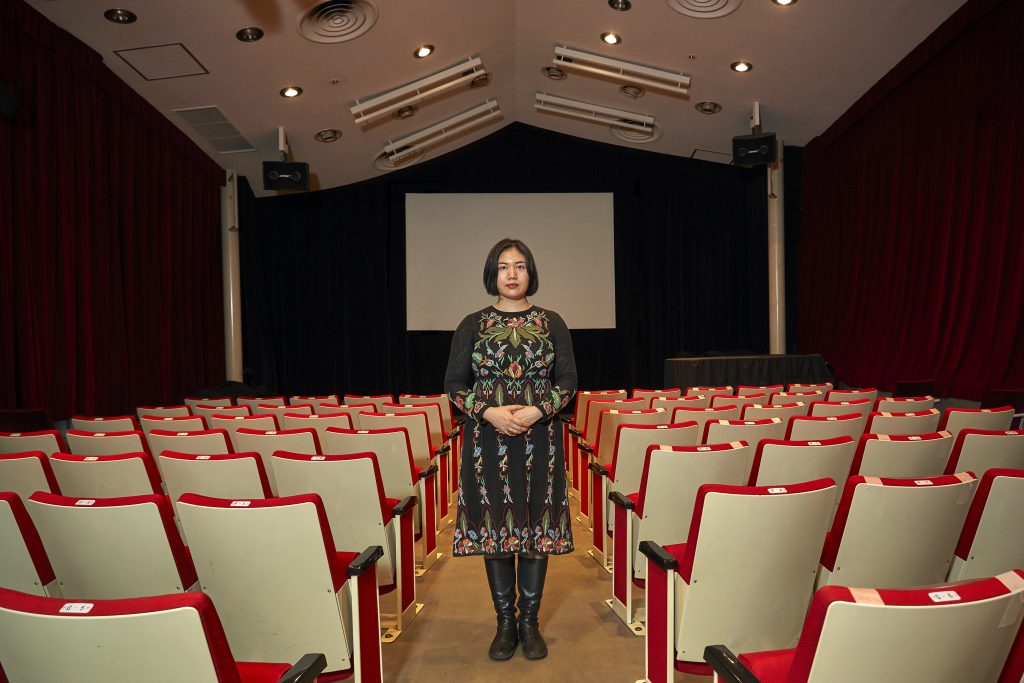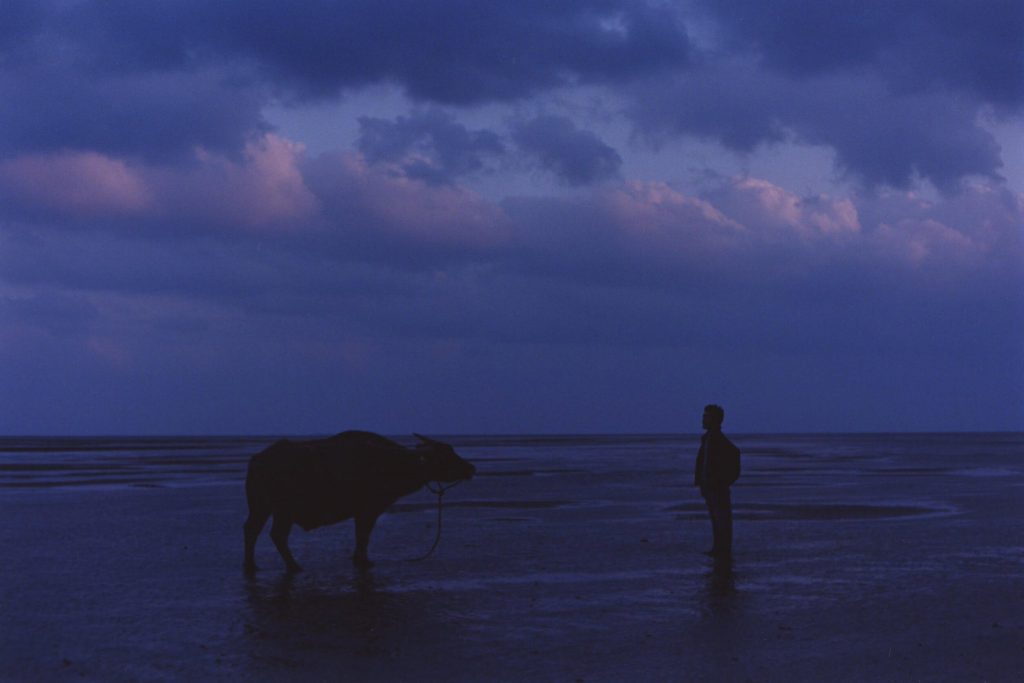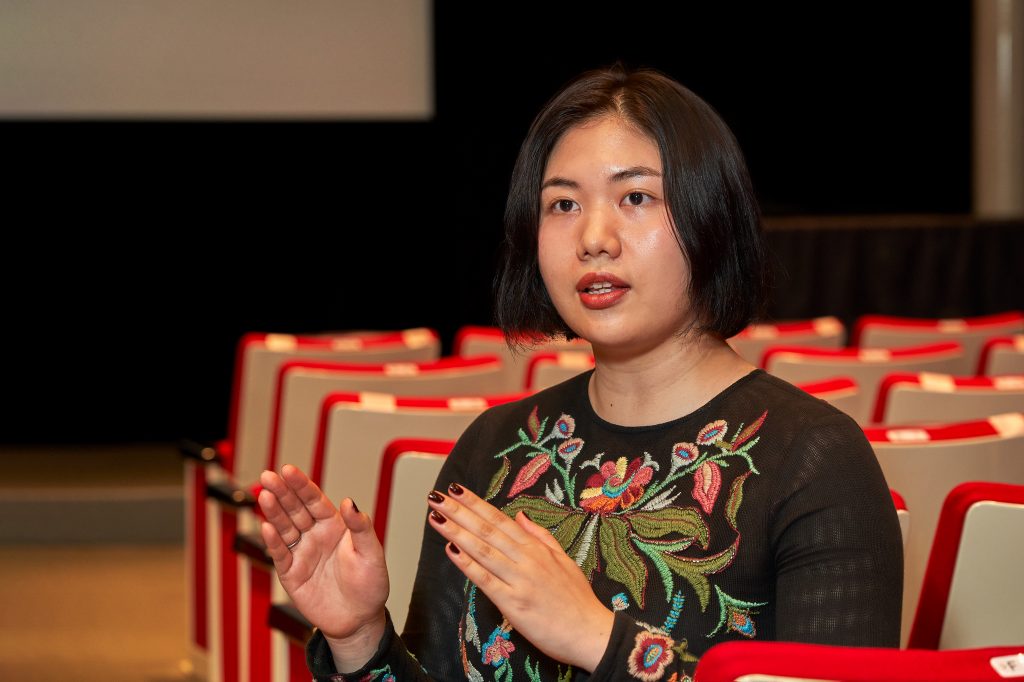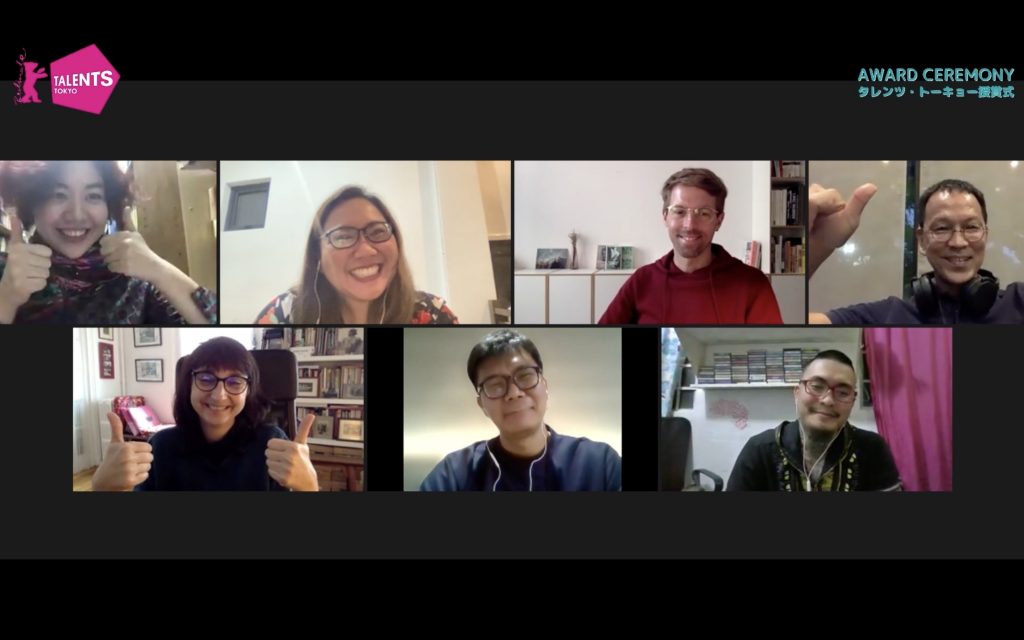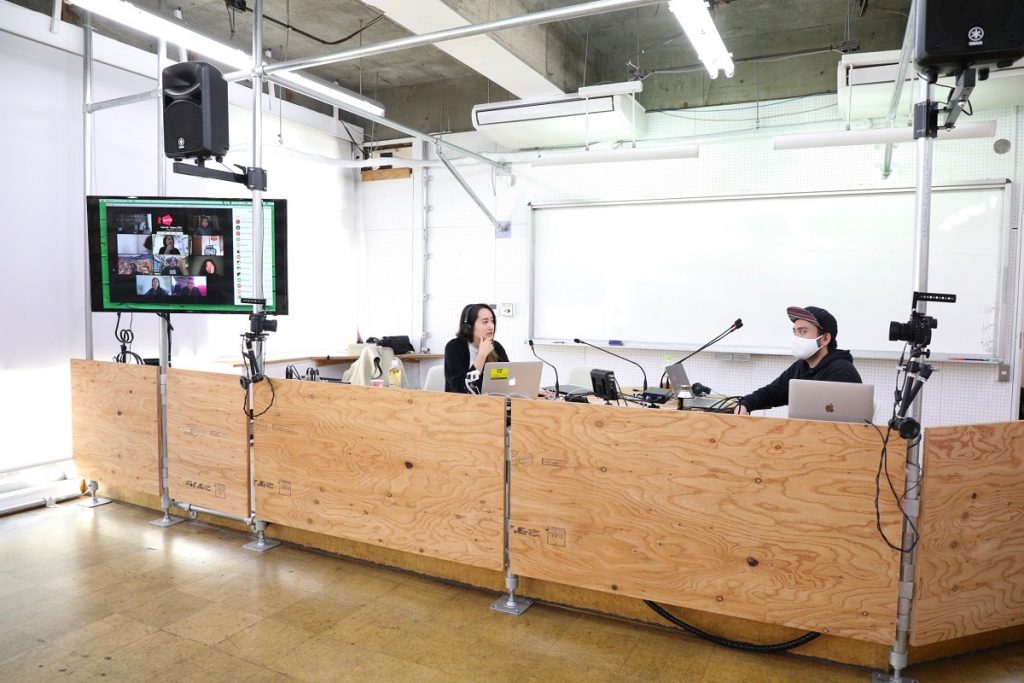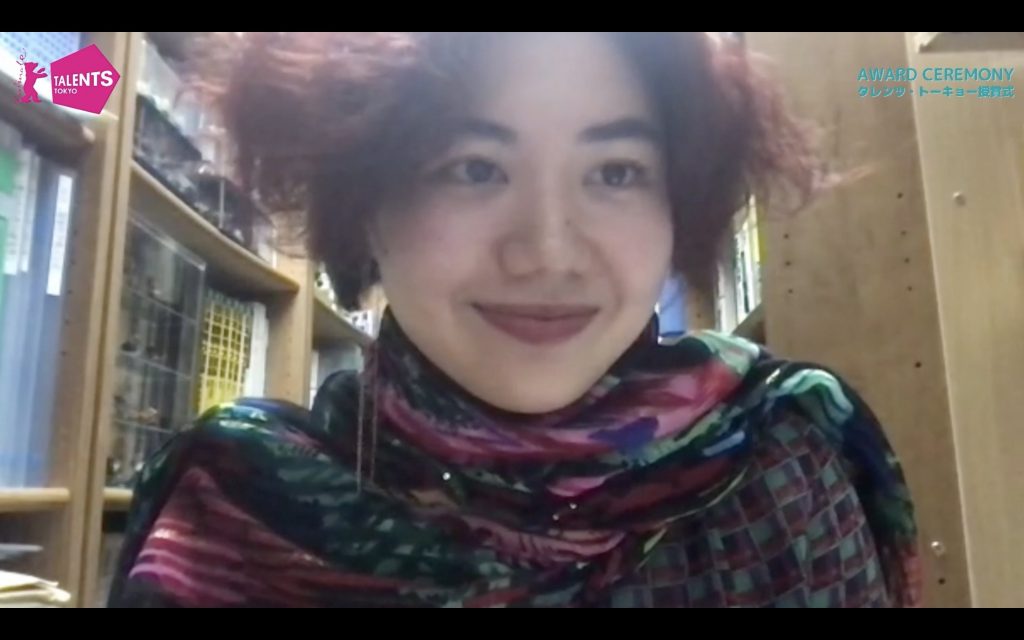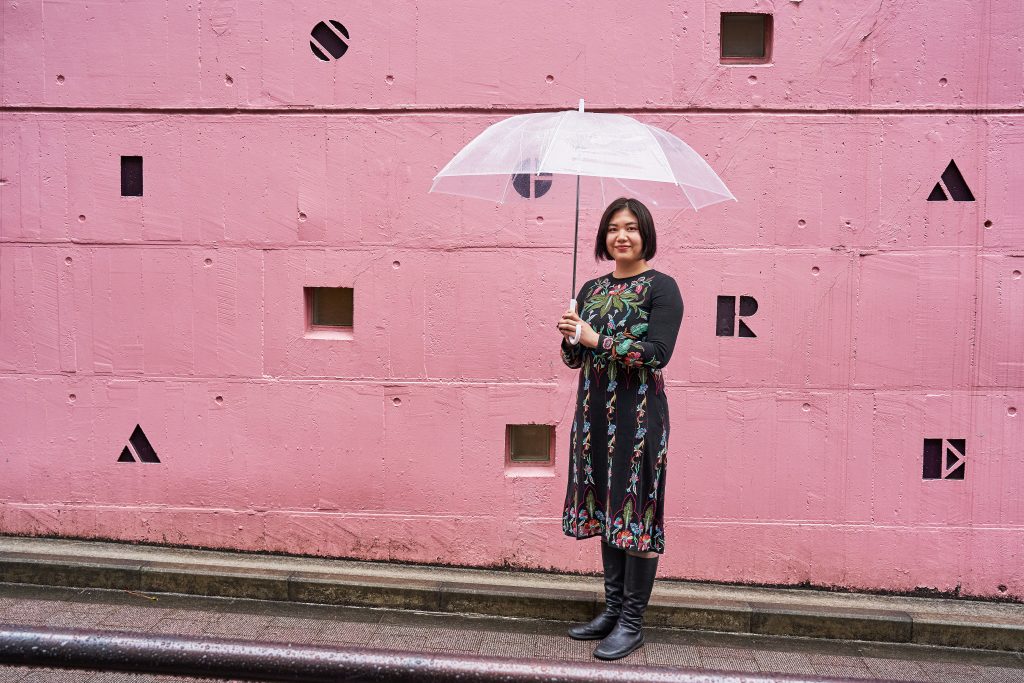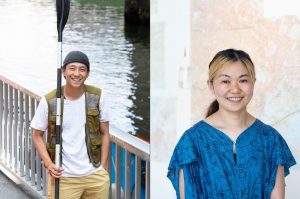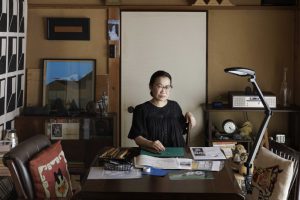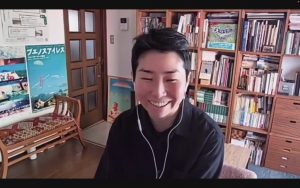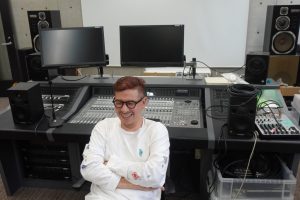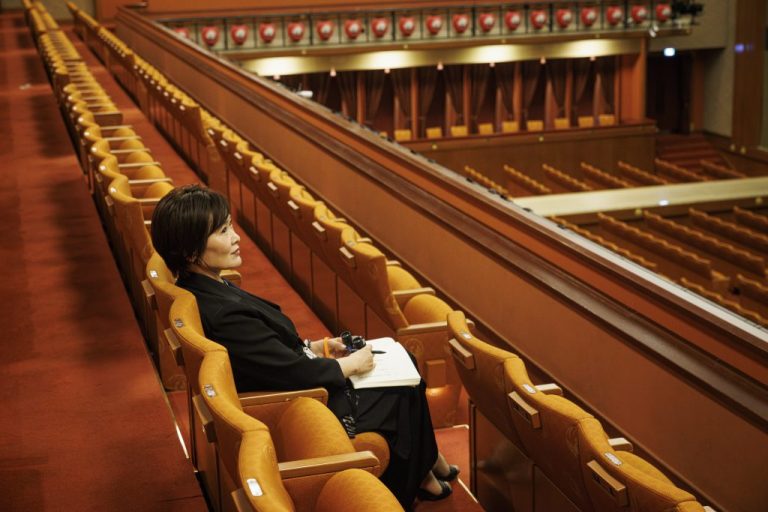Talents Tokyo is the Asian edition of Berlinale Talents, a talent development program held as part of the Berlin International Film Festival. Launched in 2010, this program provides know-how and networking opportunities for those who wish to work internationally. One of its features is the acquisition and practice of skills to market project plans of works in the film industry.
Each participant of the program reviews his/her own project with world-renowned filmmakers and presents it in a “pitch,” which lasts just a few minutes. The pitch is also a clue for production/distribution companies to consider a project. It’s the first step of the filmmaking process, so to speak. In addition to lectures, Talents Tokyo offers an intense six-day program to acquire these skills.
About 15 Asian talents are selected each year from an open call for participation. They work on their projects under the guidance of such distinguished instructors (experts) as Hou Hsiao-Hsien and Apichatpong Weerasethakul and have gone on to become world-class filmmakers. Anthony Chen, who directed Ilo Ilo, and Kei Ishikawa, whose recent hit is Mitsubachi to Enrai (Listen to the Universe), must be well remembered. Both have also finished the program.
What kind of experience will participants of Talents Tokyo gain? Let’s talk to Asagi Kimura, the first Japanese recipient of the “Talents Tokyo Award” in 2021. The award is given to the best project. The 2021 event was held online due to COVID-19.


